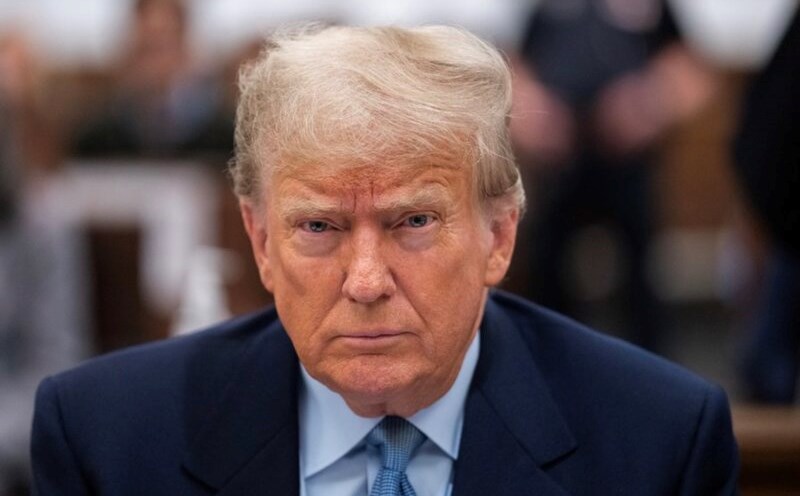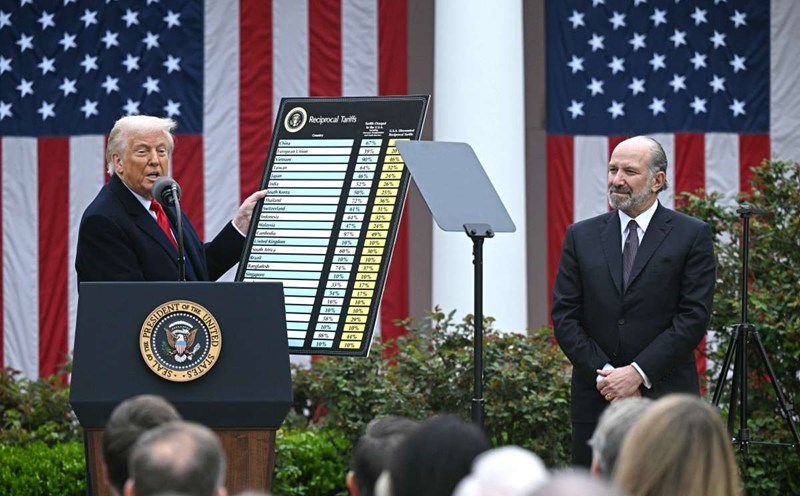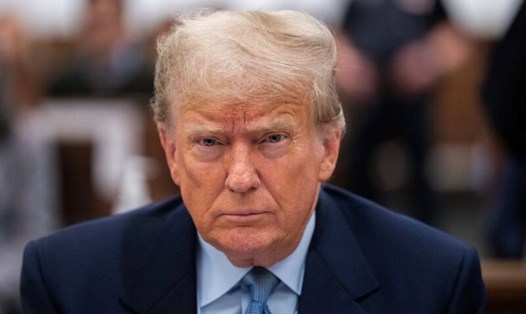But Donald Trump also noted that his administration will be more lax and more humane than what these countries have dealt with in the US.
This comment was made when US President Donald Trump was preparing to announce a list of major import tariffs on April 2 - the day he called "Liberation Day" of the United States.
More than two months after returning to the White House, President Donald Trump has imposed tariffs on goods from neighboring Canada and Mexico as well as China, all imported foreign steel and aluminum, cars and auto parts. He also threatened to impose tariffs on several other countries, including traditional allies in the European Union.
President Donald Trump has called April 2 a true peak day for the "US First" trade policy, which aims to boost domestic production by costing companies more when transporting goods to the US. On April 2, President Donald Trump is expected to announce countervailing tariffs and impose tariffs on countries that contribute the most to the US trade deficit of 1.2 trillion USD. The decision will take effect on April 3.
The new tax rate announced on February 2 will be applied to Washington's previous tariffs on aluminum, steel, cars, as well as previously increased tariffs on goods from China.
Last week, White House economic adviser Kevin Hassett told Fox Business that the tax will focus on the 10 to 15 countries with the largest trade deficit with the US, but did not name specific countries.
President Donald Trump sees tariffs as a way to protect the US economy from unfair competition and a leverage for negotiations to have better trade terms for the US.
Over the weekend, Donald Trump's advisers agreed with the US leader's view that the tax plan could earn thousands of billions of dollars and help create jobs in the US.
US President's top trade adviser Pete Navarro pointed to the huge source of revenue that US tariffs would bring to the country. Taxes on all imported automobiles can earn US$100 billion from a US$240 billion market. All taxes are expected to bring in $600 billion, equivalent to about a fifth of the total value of imported goods to the US. The White House's news report published last week said that a 10% tax on all imports could create nearly 3 million jobs in the US.
However, concerns about the trade war are uncertaining the market and creating concerns about an economic downturn in the US. On the morning of March 31 in Asia, Japan's Nikkei 225 index fell nearly 4%, Hong Kong's Hang Seng index fell 1.2% and Korea's Kospi index fell about 2.5%.











